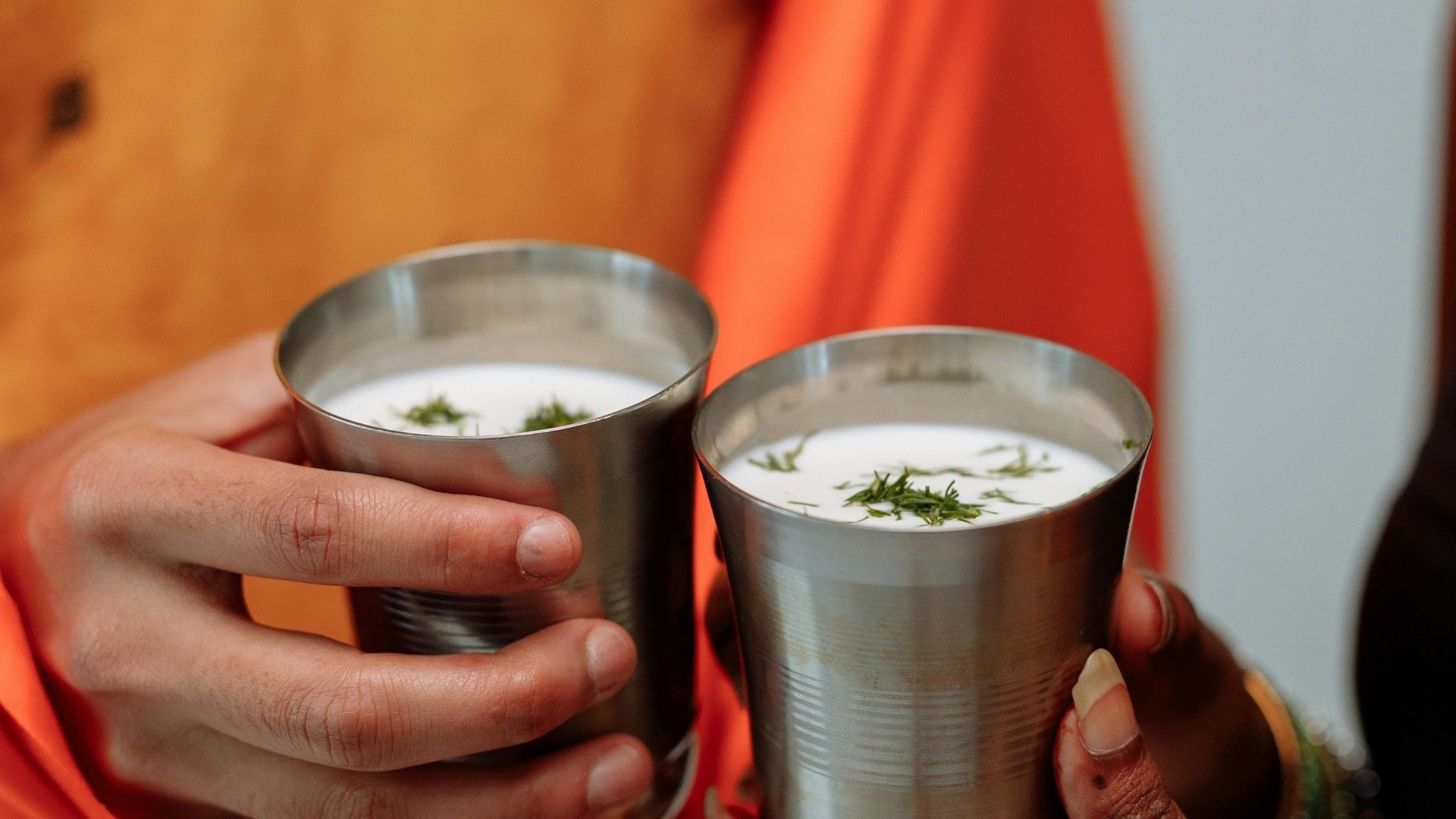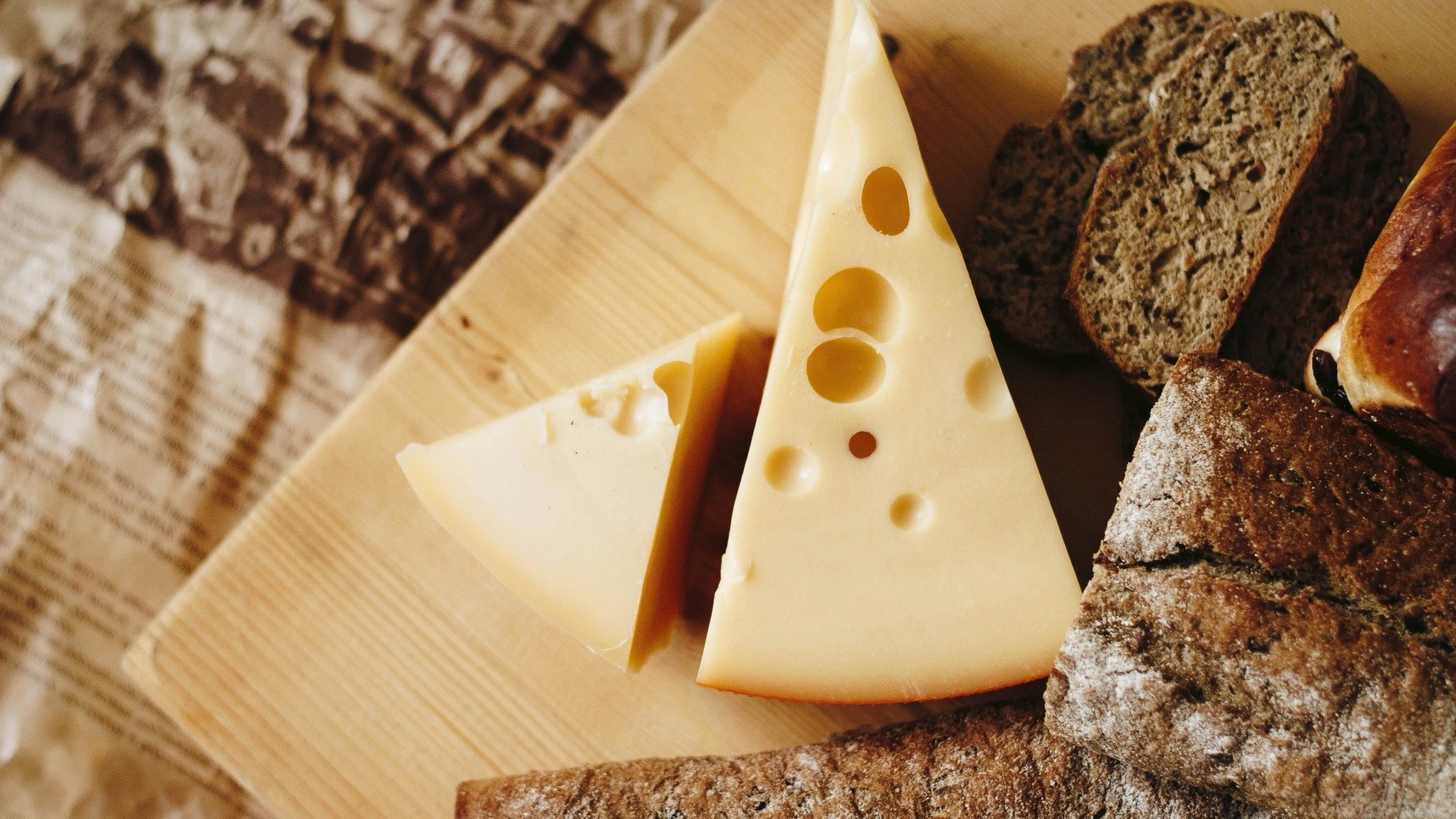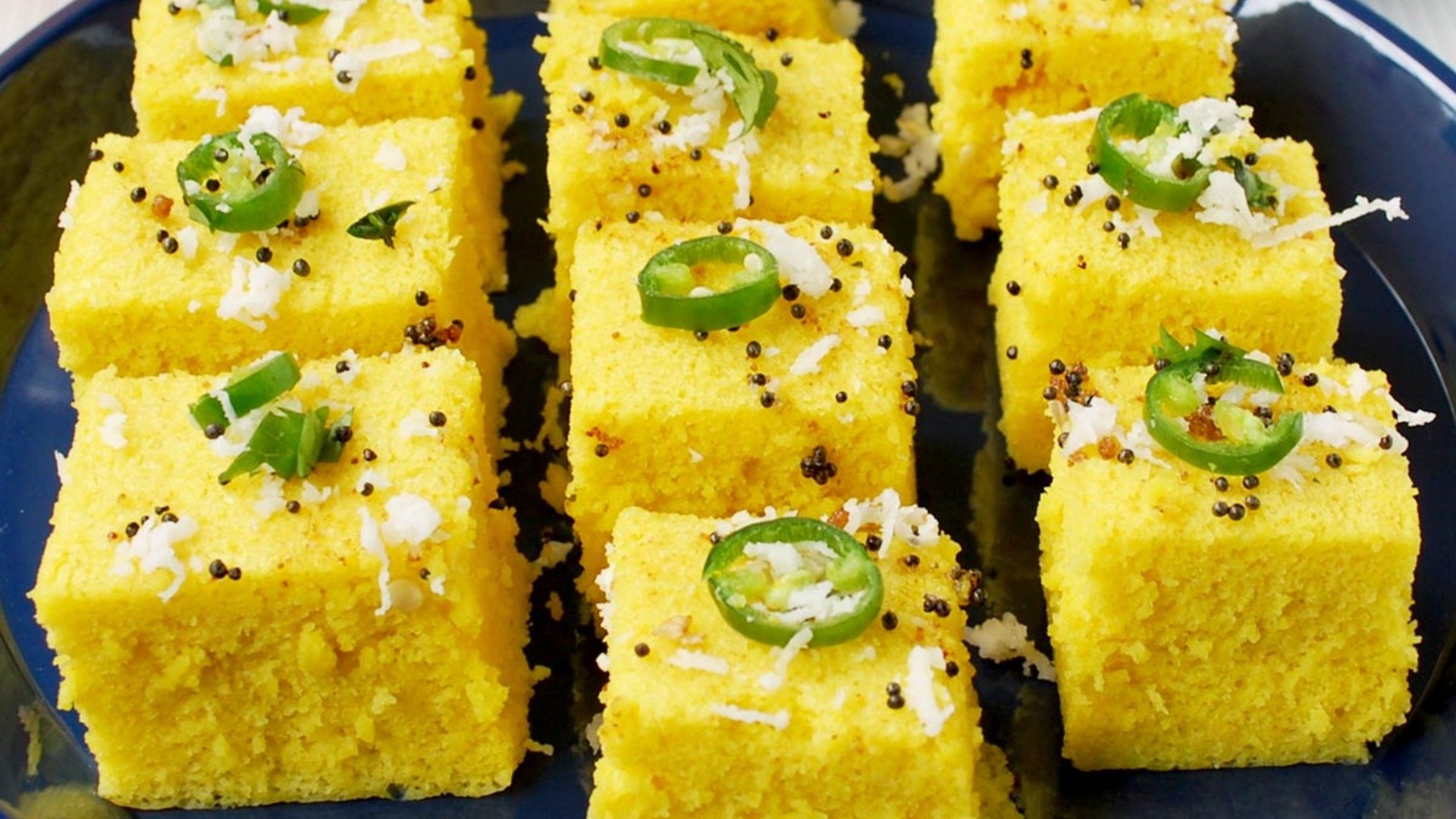- Buttermilk
- Pickles
- Curd
- Cheese
- Idli
- Dhokla
Introduction
As parents, it is necessary to be aware of the nutritional benefits of a healthy and balanced diet for your child. Nutrients such as protein, carbohydrates, and vitamins may help your child stay in the best physical shape and improve their ability to concentrate and study. This is why parents must ensure that their child is consuming all these nutrients regularly.
However, other than these essential nutrients, there are also a lot of other essential elements that parents need to include in their child's diet. One of these is probiotics. As per the PGHN published in 2017, probiotics can help reduce the risk of several health elements among kids. This may include respiratory infections, gut problems, and problems like diarrhea. It is commonly found in several food items such as curd and pickles.
Top Probiotic Foods for Kids
Now that you know about the importance of probiotics for your child, it is time to read about some of the common sources of probiotics. You may include these food items in your child for their better health.
-
Buttermilk

Buttermilk, also popularly known as chach in India is a significant source of probiotics. However, it is important to note that out of the two popular types of buttermilk that you may source for your child, which are traditional and cultured, the traditional one can be richer in probiotics. As per PLOS One in 2021, buttermilk may help improve a child's gut health and help reduce the likelihood of digestive issues. Additionally, it can be an instant source of relief from the heat during summer.
-
Pickles
India is a pickle heaven for pickle lovers around the world. There are several pickle recipes originating from different parts of the country, each of which has a unique flavor and specialty. Other than being extremely flavorsome and a popular side dish in India, pickles are also a great source of antibiotics. In the Journal of Food Measurement and Characterization in 2025, it has been specifically mentioned that pickles can help with digestion and keep the gut healthy if consumed in a regulated quantity. The fermented pickles specifically have significant probiotic properties that can help a child maintain their health.
-
Curd
As per the Journal of Advanced Pharmaceutical Technology and Research, published in 2013, curd is naturally very rich in probiotics, and can be given to kids to improve their digestion. As it consists of many healthy bacteria, the child may also witness a significant change in their dental health. Curd helps in keeping the teeth and the gums healthy as it can prevent the accumulation of bacteria in the mouth. Other than this, it can also help in boosting the immunity of a child and helping them recover from diseases, really quickly. Also, it can help in the proper weight management of a child and can be consumed during summer for breakfast as well as lunch.
-
Cheese

Cheese comes in a lot of varieties all of which have a specific texture and flavor. Although most of the popular cheeses in the world are made from fermentation, not each of these is rich in probiotics. Hence, choosing the right type of cheese for your child means picking one that is rich in probiotics and also has robust flavors. Some of the popular varieties of cheese, such as mozzarella, cottage, and cheddar cheese can be a significant source of probiotics for the child. In the BioMed Research International, other than being good for the gut, cheese can also be a significant source of protein for kids.
-
Idli
Idli is a famous South Indian dish that is consumed with sambar or coconut chutney. It is made from a fermented batter of rava, curd, water, and spices. Because of being fermented, it is also a rich source of probiotics for kids. What makes it even healthier is that it's extremely digestive, light on the stomach, and highly nutritious. As per the Isolation and Enumeration of probiotic microorganisms from fermented idli batter published in 2021, idli is rich in probiotics including both bacteria and yeast that can enhance the digestion and energy breakdown in the body. Parents may serve idli to kids for breakfast or lunch as a nutritious and satisfactory meal.
-
Dhokla

Dhokla is yet another popular Indian snack that originates from Gujarat. It is known for its spongy texture and offering a multitude of flavors. It is extremely soft and good for digestion as it is made from a fermented batter of chickpea flour, curd, and various other ingredients. As per the Journal of Food Science and Technology, dhokla can offer some potential health benefits to the gut and improve the digestion of the child. It is also a reliable source of fiber and carbohydrates for the child giving them instant energy.
Conclusion
The above food items can be added to your child's everyday meals to provide them with a diet full of probiotics and enhance their immunity. Regular consumption of such healthy food items may show some positive changes in your child's health.
Pakhi writes with the belief that dessert isn’t just a dish—it’s a mood. Her work blends storytelling with tips, turning timeless treats and trendy bites into accessible moments of comfort, celebration, and creative expression.
The views expressed are that of the expert alone.
The information provided in this content is for informational purposes only and should not be considered a substitute for professional medical advice, diagnosis, or treatment. Always seek the advice of your physician or another qualified healthcare provider before making any significant changes to your diet, exercise, or medication routines.
















